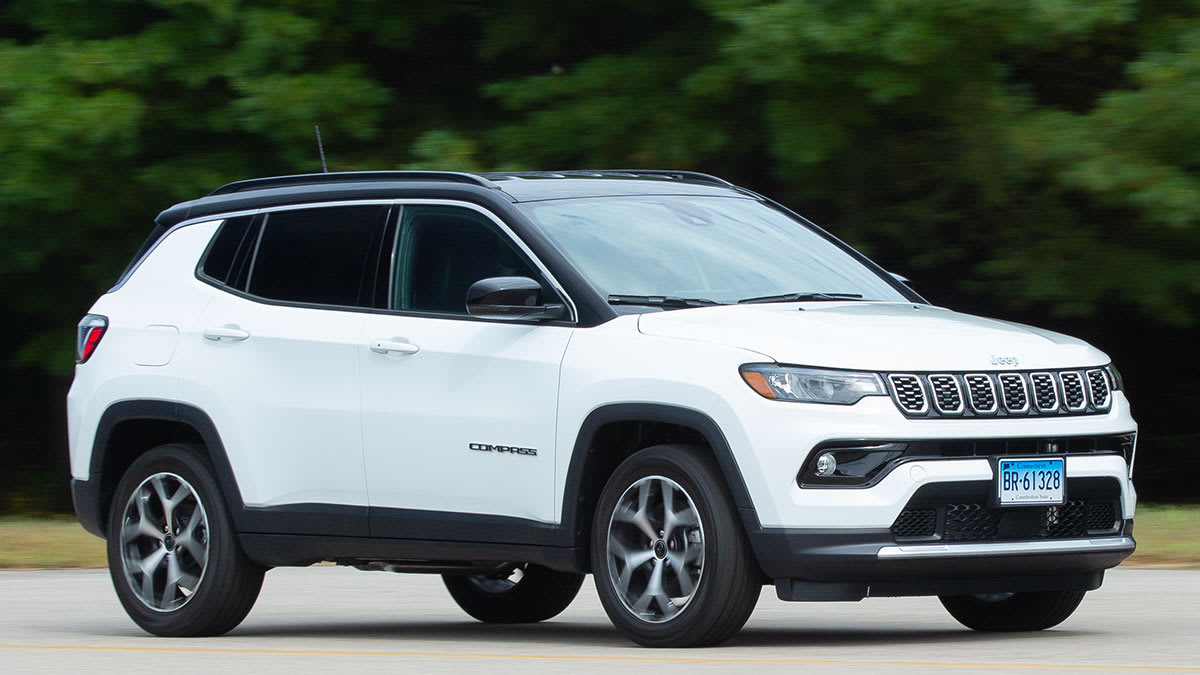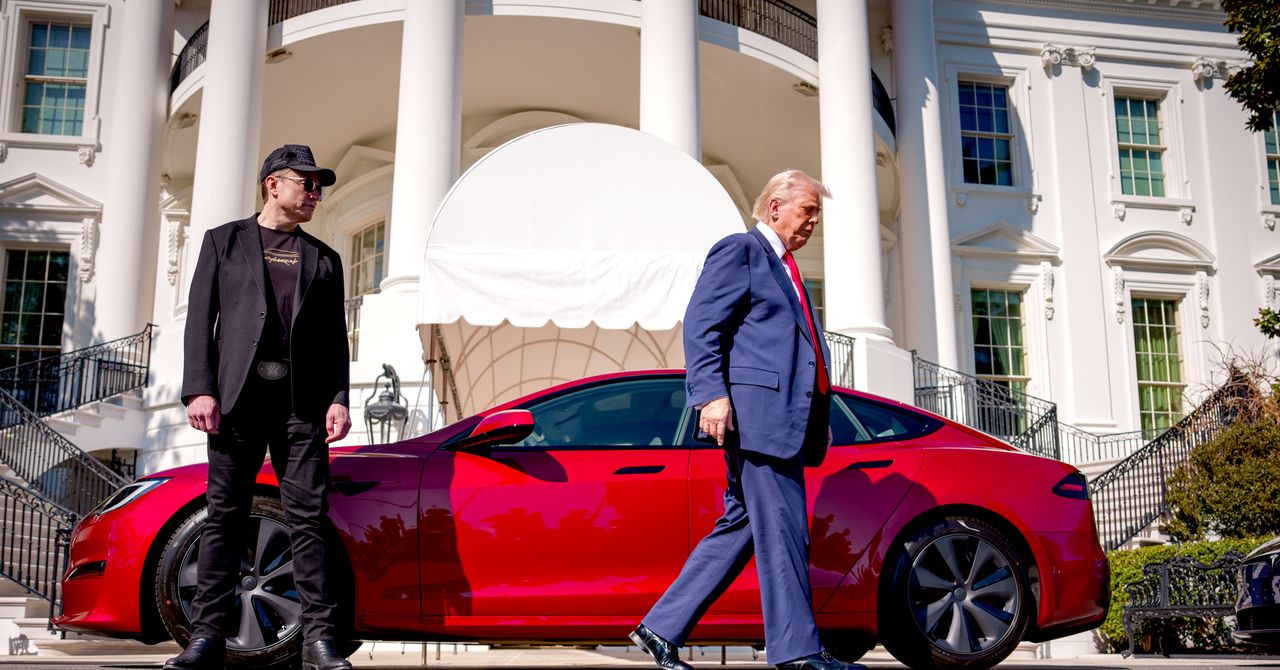
The Compass also has standard automatic emergency braking (AEB), blind spot warning (BSW), and rear cross traffic warning (RCTW)—features that are still optional on a number of competitors.
Still, the 2025 Jeep Compass is up against incredibly strong competition from compact rivals like the Ford Escape and Bronco Sport, Honda CR-V, Hyundai Tucson, Kia Sportage, Mazda CX-5 and CX-50, Nissan Rogue, and Toyota RAV4. Keep in mind that the Subaru Forester, a consistent Consumer Reports Top Pick, was redesigned for the 2025 model year, as was the Chevrolet Equinox. On top of that, Jeep’s only small SUV also faces competition from subcompact SUVs such as the Honda HR-V, Subaru Crosstrek, and Toyota Corolla Cross, among others.
Pricing for the 2025 Compass starts at $25,900 for the Sport trim, then walks up the next three trims: Latitude, $28,170; Limited, $32,245; and Trailhawk, $32,395. The destination charge is $1,595, much higher than that of many recent vehicles we have purchased, including heavier and more expensive ones.
If you’re a Consumer Reports member, our initial expert assessment of the 2025 Jeep Compass is available below. Once we complete 2,000 break-in miles on the SUV, we will put it through more than 50 tests at the CR Auto Test Center, including empirical measurements of acceleration, braking, handling, car seat fit, and usability. CR members will have access to the full road test results as soon as they’re available.
What we bought: 2025 Jeep Compass Limited 4X4
Powertrain: 200-hp, 2.0-liter turbocharged four-cylinder engine; 8-speed automatic transmission; all-wheel drive
MSRP: $32,245
Options: Customer Preferred Package 29G: 225/55R18 All-Season tires, $0
Destination fee: $1,595
Total cost: $33,840









